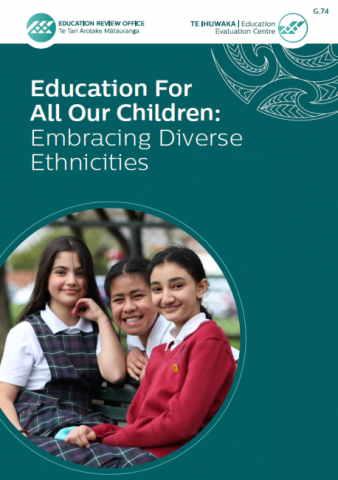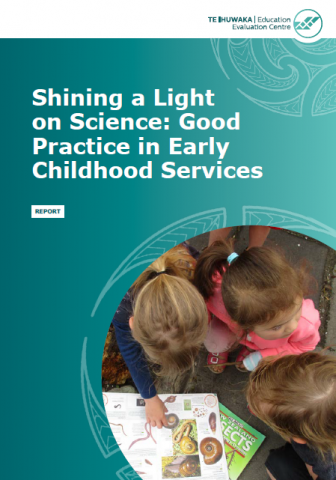Students learn best in safe and effective learning environments
Published: 25 Jul 2022
The responsibility of keeping tamariki safe while in the care of their school, kura, and early learning service is the responsibility of every adult.
In the education system, ERO plays an integral role in their protection by reviewing and having an oversight of effective child protection policies and processes. We aim to provide schools and early learning services with the ability to quickly identify any gaps in their policies and processes.
- Audience:
- Education
- Content type:
- News article














